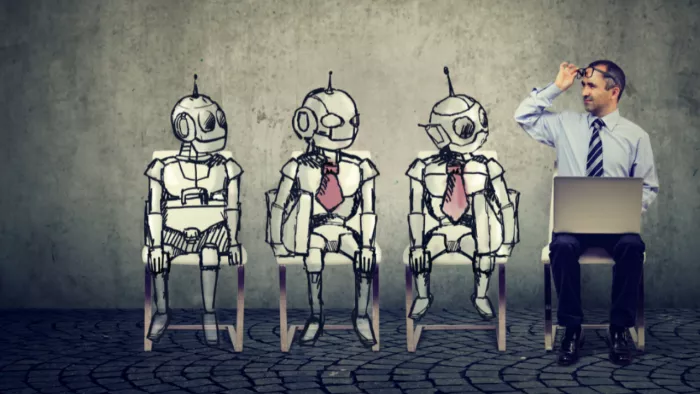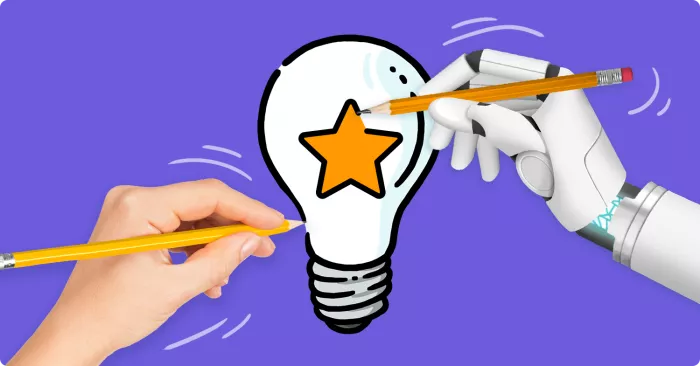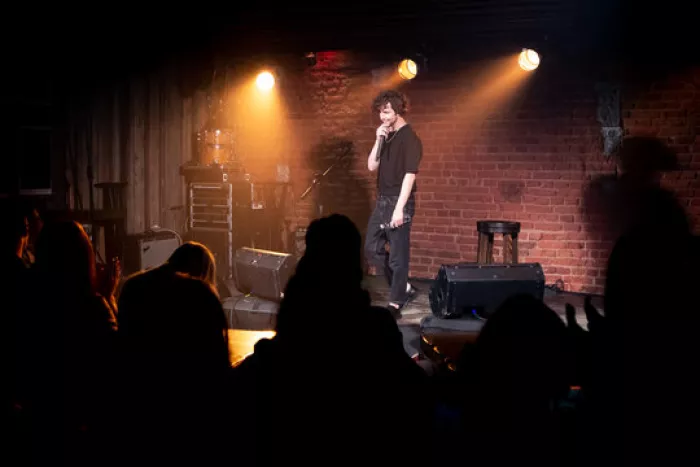
Creativity has always been one of humanity’s proudest traits. From cave paintings to symphonies, novels to groundbreaking inventions, it’s our ability to imagine what doesn’t yet exist that has shaped culture and progress. But as artificial intelligence continues to evolve, the question naturally arises: will machines someday out-create usor will they simply push us to redefine what creativity means?

AI today can write songs, paint digital art, and even generate film scripts. At first glance, it feels like human creators might be standing at the edge of obsolescence. But when you look closely, much of what AI does is remix, reinterpret, and reorganize existing data. It’s pattern recognition at scale, not a spark of lived experience.
Think of it this way: an AI can produce thousands of melodies in seconds, but it doesn’t know what heartbreak feels like. It can draft a witty ad slogan, but it has never stood in a late-night brainstorming session, fueled by coffee and urgency. These subtle yet profound differences matter, because creativity is not just an output, it’s the emotional journey behind the work.
The essence of creativity often lies in imperfection, nuance, and context. Consider a stand-up comedian. A joke isn’t just words, it’s timing, body language, and reading the room. No algorithm can fully replicate the tension and release of a live audience moment.

Similarly, an author’s voice comes from decades of personal history, cultural exposure, and choices shaped by memory and emotion. An AI can generate chapters, but the soul of storytelling comes from the person who has lived the story. That’s not replaceable.
What’s shifting is not the “if” of creativity, but the “how.” Instead of competing head-to-head, many professionals are using AI as a partner. Designers let AI generate variations so they can focus on the final vision. Musicians use AI to sketch beats, then layer their own emotional depth on top. Writers lean on AI for first drafts, freeing themselves to refine tone and narrative.
In this sense, AI is less of a rival and more of a collaborator, like a supercharged assistant who never sleeps. It allows creators to focus on the parts of the process that demand human insight while offloading repetitive or exploratory tasks.
One of the most interesting outcomes of AI’s rise is that it forces us to reconsider what originality really means. If originality is simply about making something new, then AI certainly qualifies. But if originality is about expressing a unique lived perspective, then only humans can truly claim it.
What we’re heading toward is a hybrid era: creativity defined not by who holds the brush, but by the interplay between human imagination and machine capability. This may give rise to entirely new art forms, performances, or experiences that would be impossible without both.
Will AI replace human creativity? Probably not. But will it redefine it? Absolutely. Just as photography once redefined painting, and digital tools redefined design, AI is reshaping what it means to be a creator in 2025 and beyond.
The challenge for us is not to defend creativity as a fortress, but to open the gates to let AI expand the canvas while we provide the story, the intention, and the meaning. Because at the end of the day, art without human context is just noise, but art shaped by both human and machine might be something entirely new.
Discussion